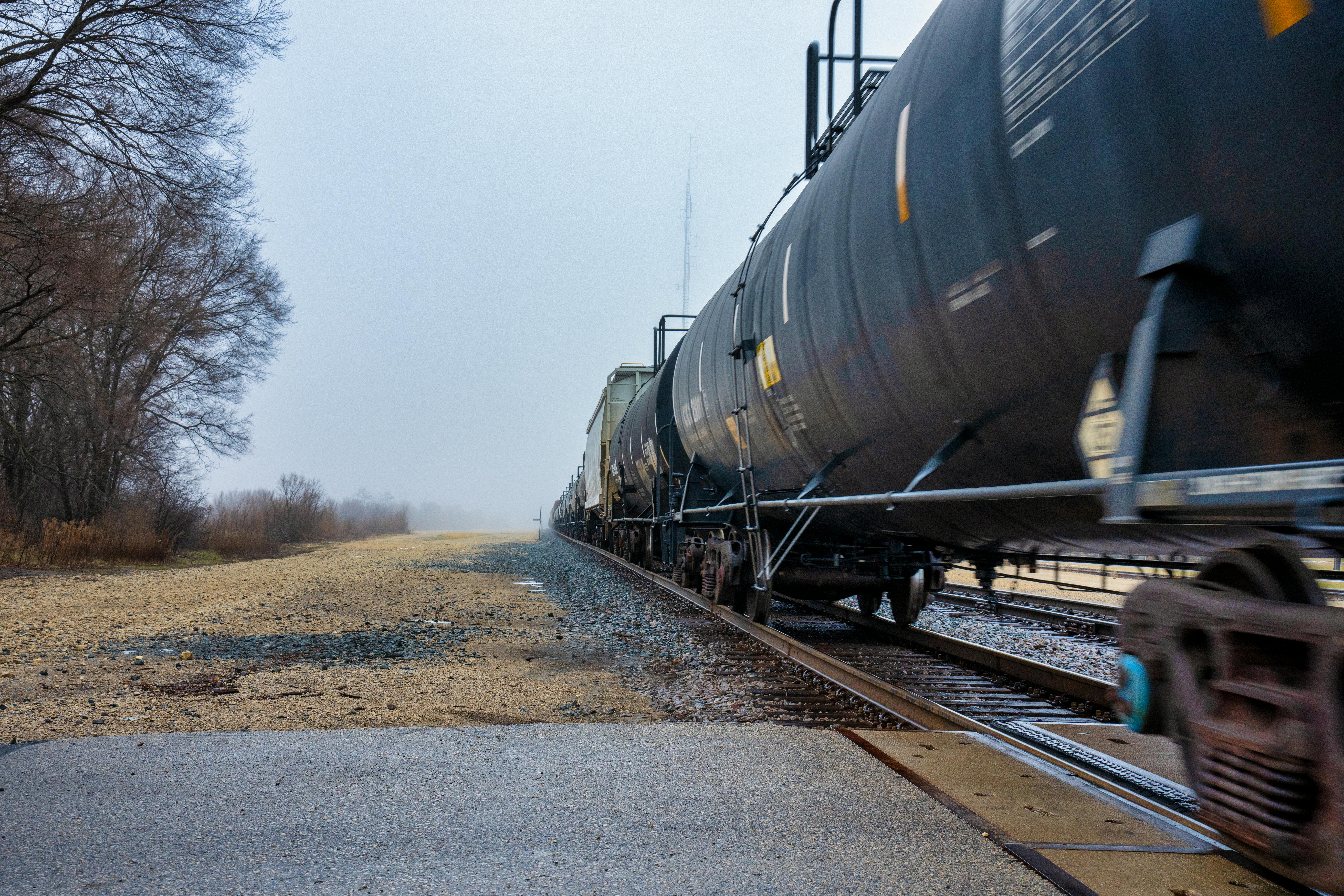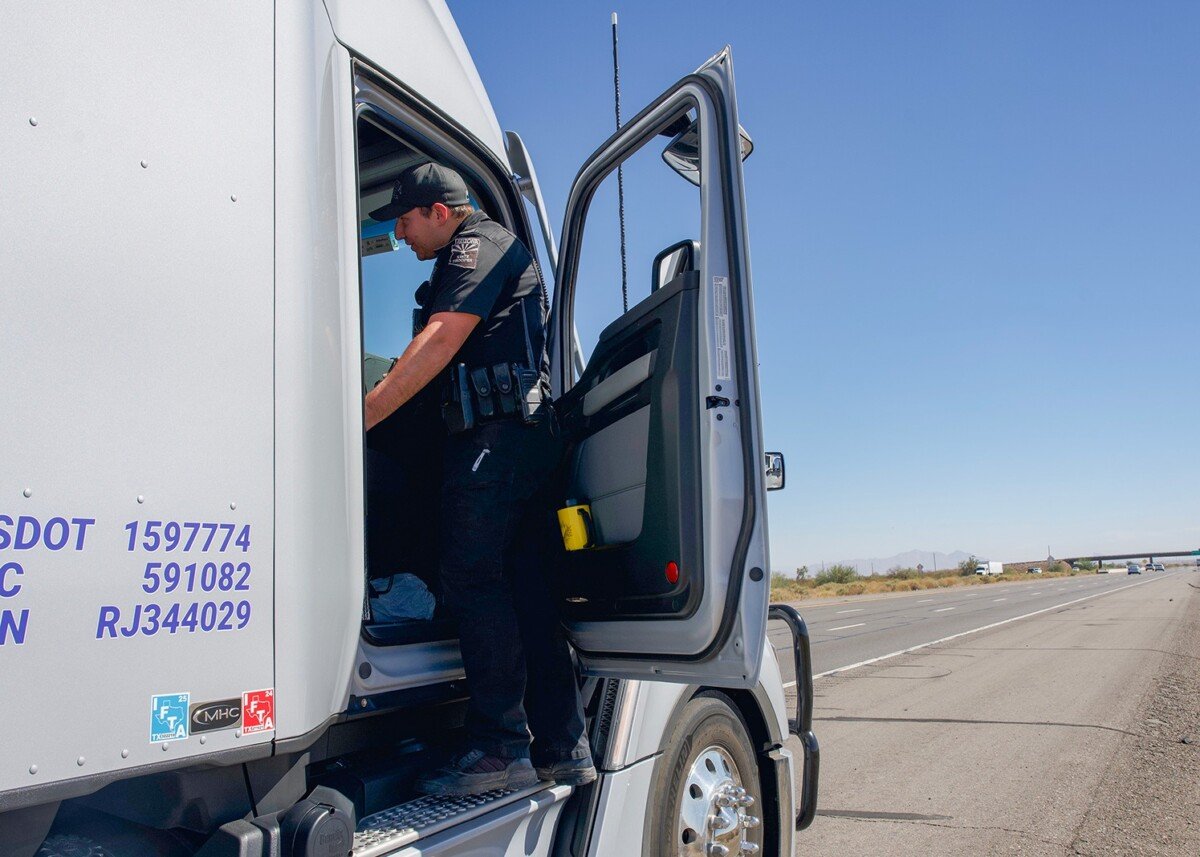As a new year begins, the freight transportation sector faces a series of fresh challenges and opportunities that will shape the industry’s trajectory in the months ahead. Each year brings changes in regulations, technological advancements, and various economic and environmental factors that impact operations. For transportation companies, 2025 will be a pivotal year, requiring swift adaptation to new realities, from rising fuel costs to the implementation of sustainable technologies. As the industry reinvents itself, it is crucial to face these challenges with a clear, innovative, and flexible vision, always striving for efficiency, safety, and sustainability in every shipment.
The Impact of Rising Fuel Costs on Transportation Expenses
Recently, fuel prices have surged, directly affecting transportation companies. Diesel, essential for truck operations, saw a 5% increase in the last quarter of 2024. This rise has driven up operating expenses and, consequently, freight rates. In response, many companies are exploring ways to optimize fuel consumption, investing in more efficient technology and alternative energy sources to reduce costs.

Strengthening Road Safety in Freight Transportation
The Federal Motor Carrier Safety Administration (FMCSA) has launched several initiatives to improve road safety. A key area of focus remains driver fatigue, leading to stricter regulations on service and rest hours. Additionally, more rigorous inspections are being conducted to ensure trucks are in optimal condition and meet established safety standards.

Smart Freight Technologies for Operational Optimization
Advanced technologies are revolutionizing the way freight is managed. Companies increasingly implement smart freight systems using sensors and software to monitor conditions such as temperature, humidity, and cargo weight in real time. This is particularly beneficial for sensitive products like food and pharmaceuticals. These innovations not only enable more precise tracking but also improve efficiency by optimizing routes and minimizing losses.

Sustainability in Freight Transportation: A Greener Future
The freight transportation sector is making significant strides toward sustainability. Electric and hydrogen-powered trucks are being adopted to reduce fleet carbon footprints. While challenges remain, such as charging infrastructure and vehicle costs, the commitment to greener logistics is stronger than ever. The Bipartisan Infrastructure Law of 2021 has allocated funds to support this transition to cleaner transportation practices.

Supply Chain Challenges and Labor Shortages
Although supply chain disruptions have eased since the pandemic’s peak, labor shortages persist. The lack of truck drivers has created bottlenecks, hampering transportation efficiency. Companies are working hard to attract and retain talent by offering better working conditions and higher wages. However, staffing shortages remain a critical issue affecting the entire industry.

In summary, the freight transportation sector is undergoing a transformation. With rising fuel costs, technological innovation, and a focus on sustainability, companies are quickly adapting to a constantly evolving environment. While labor shortages remain a concern, efforts to enhance safety and efficiency continue to progress.






